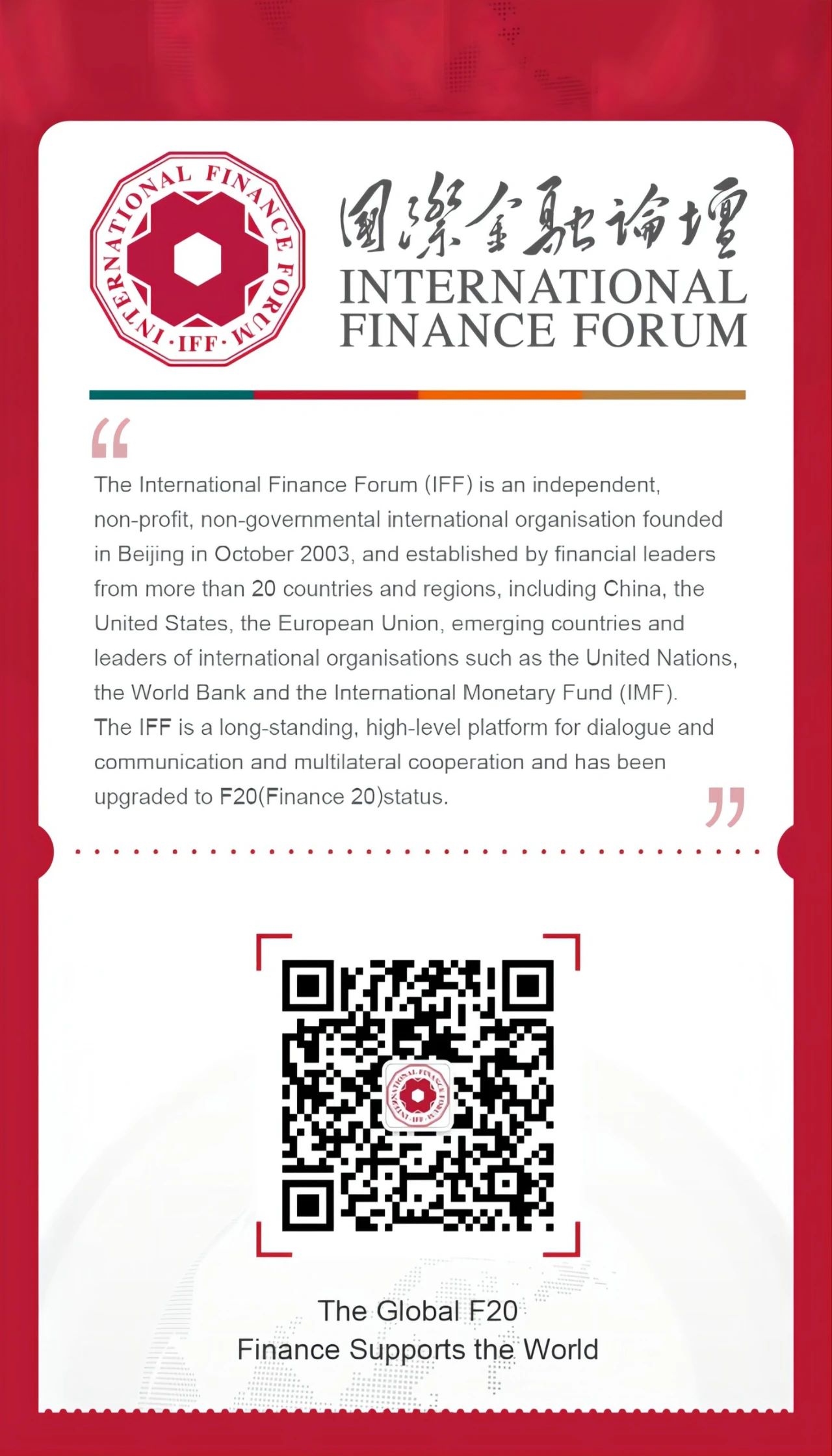HOME>NEWS CENTER>Newsletters
IFF Newsletter Issue 133
TIME:2024-07-25
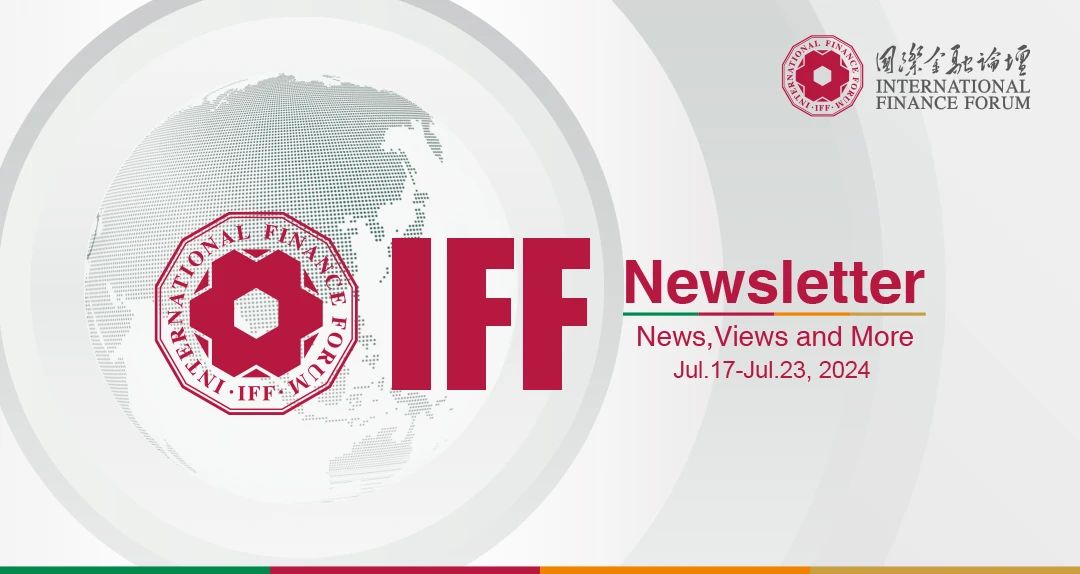
From the Editor
China’s central bank cut major short and long-term interest rates on Monday, the first cuts since August last year in a bid to boost the country’s economy. China’s major state-owned commercial banks cut their deposit interest rates on Thursday. China added 6.98 million urban new jobs in the first half of the year, data from the Ministry of Human Resources and Social Security said. China’s fiscal revenue fell 2.8% in the first half of the year compared to the same period last year, official data showed on Monday. China’s major state-owned commercial banks cut their deposit interest rates on Thursday.
Earth saw its hottest day on Monday July 22, beating the previous record set just one day earlier. Canada’s central bank cut its key interest rate on Wednesday. Sales of new single-family houses in June in the U.S. fell 0.6% from May, data from the U.S. Census Bureau and the Department of Housing and Urban Development showed on Wednesday. Japan attracted 3.14 million foreign visitors in June, a record high. South Korea’s economy contracted in the second quarter, according to an advance estimate by its central bank on Thursday.
International Finance Forum hosts seminal conference on carbon-free energy solutions
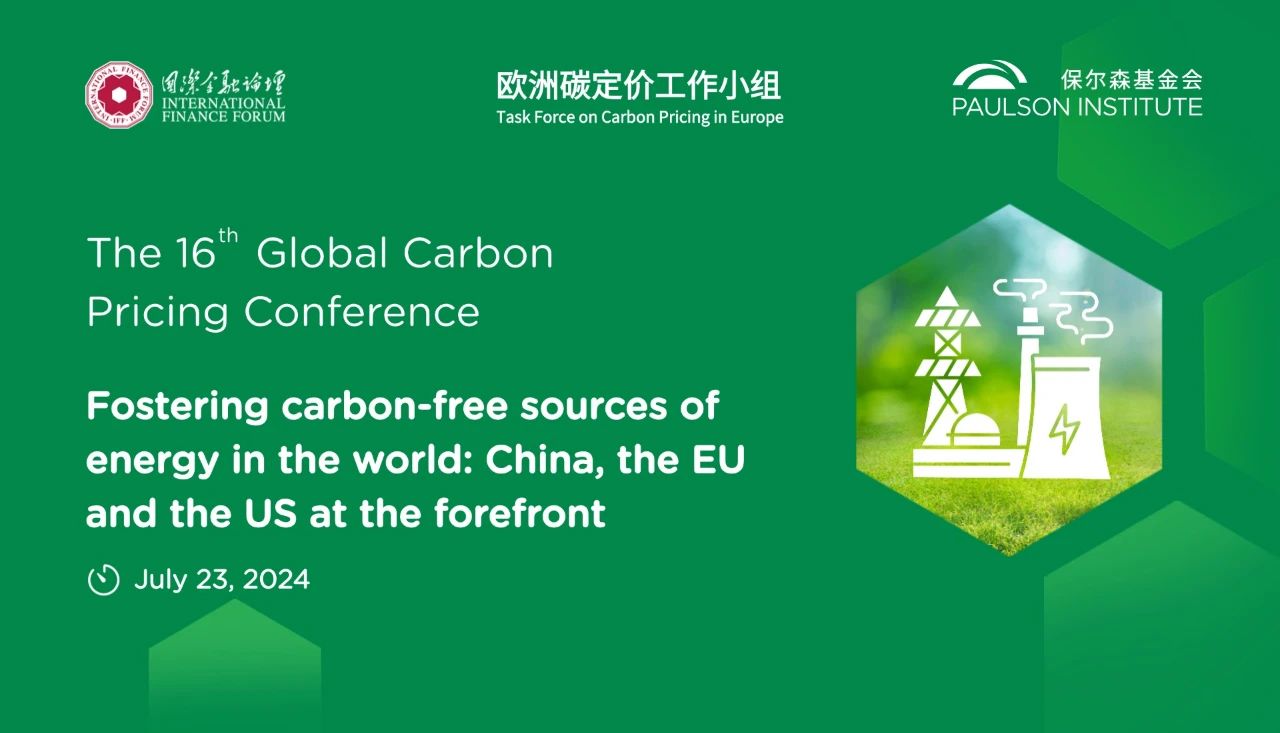
The International Finance Forum (IFF), in collaboration with the Task Force on Carbon Pricing in Europe and the Paulson Institute, hosted a groundbreaking conference on Tuesday focused on advancing renewable energy and nuclear technology across China, the European Union, and the United States. The conference gathered global leaders and experts to address critical challenges and opportunities in achieving sustainable energy transitions.
Under the theme “Fostering carbon-free sources of energy in the world: China, the EU and the US at the forefront”, the conference featured distinguished speakers who introduced renewable energy efforts in China, Europe and the US and nuclear power innovation in the three. Participants also had thought-provoking discussions aimed at accelerating progress towards global climate goals.
In his opening remark, IFF Executive Vice President Zhu Xian said: “at this critical time for actions against climate change, let us embrace the spirit of partnership and innovation. Let us commit ourselves to advancing sustainable energy solutions that are key to our survival. Let us dedicate ourselves to making our planet more sustainable for future generations.”
The conference underscored the critical role of collaborative efforts among China, the EU, and the US in driving innovation and policy alignment towards achieving carbon-free energy solutions.
China cuts major interest rates
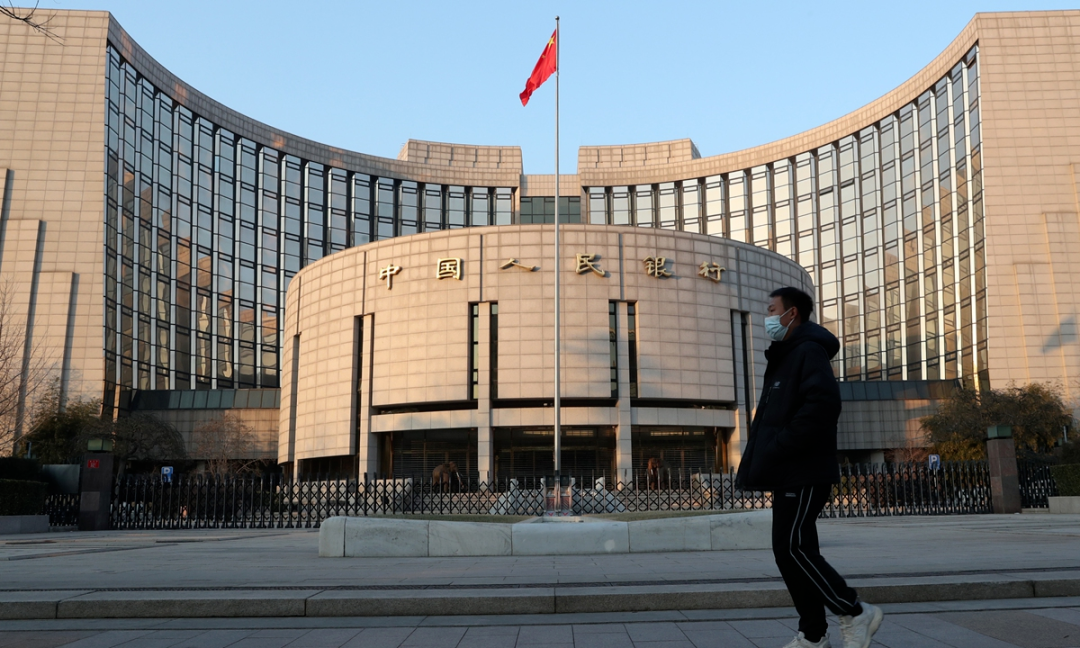
China’s central bank cut major short and long-term interest rates on Monday, the first cuts since August last year.
The country lowered its benchmark lending rates - the one-year prime rate (LPR) was cut to 3.35%, down from the previous 3.45% while the over-five-year LPR was lowered by 0.1% to 3.85%, according to the People’s Bank of China (PBOC).
Meanwhile, the PBOC said it would the collateral requirement for medium-term lending facility (MLF) loans starting this month.
Interest rates on standing lending facility (SLF) were also lowered.
The PBOC lowered the interest rate on seven-day reverse repose from 1.8% to 1.7%.
Chinese banks lower deposit interest rates
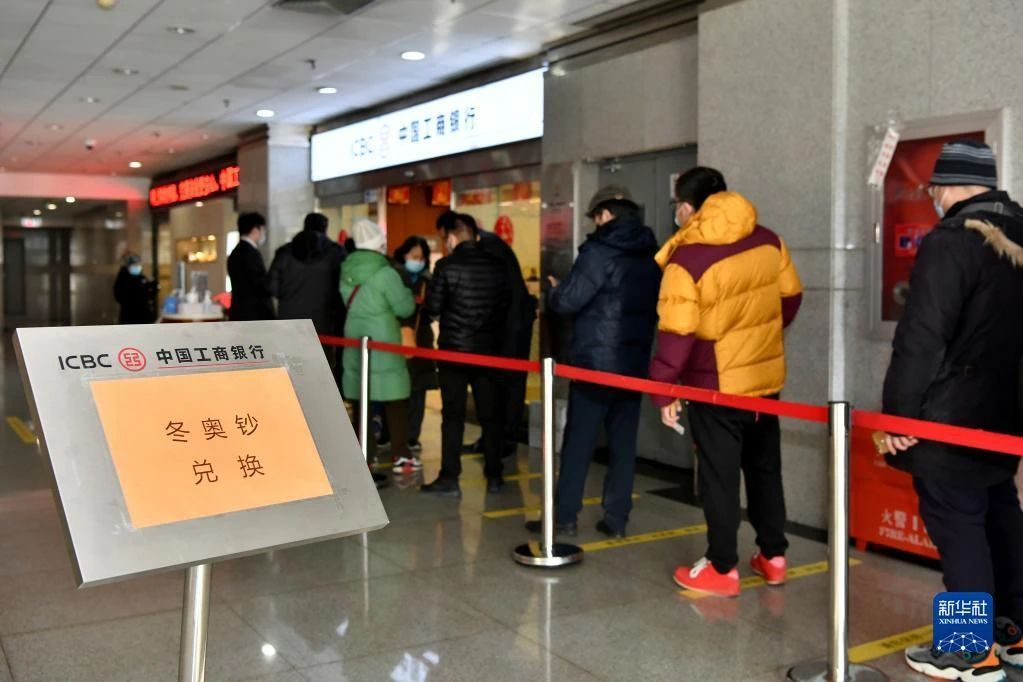
China’s major state-owned commercial banks cut their deposit interest rates on Thursday.
The one-year fixed-term deposit interest rate was cut by 0.1% to 1.35% by China’s biggest four commercial banks.
The two, three and five years deposit rates were lowered to 1.45%, 1.75% and 1.8% respectively.
China adds 6.98 mln new urban jobs in H1
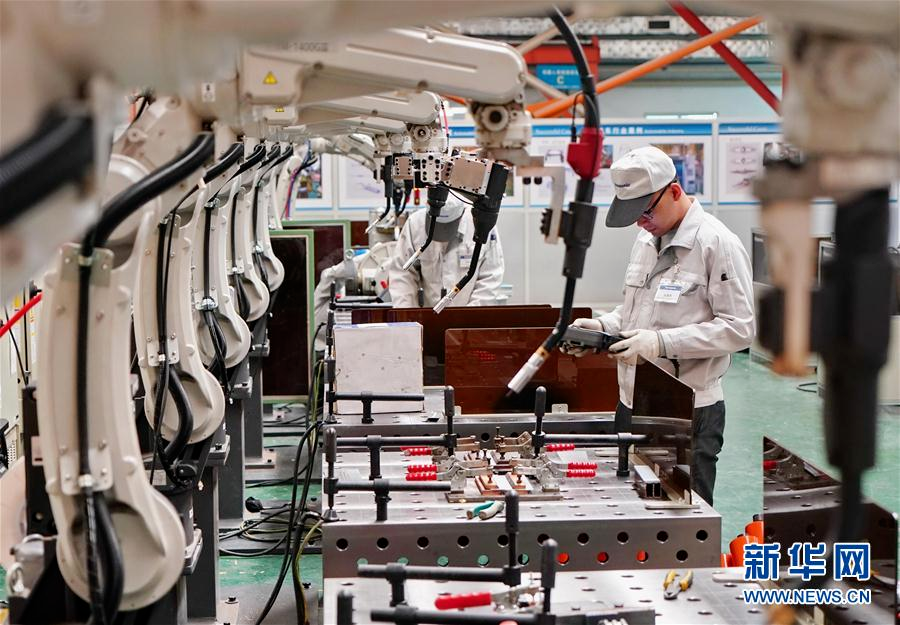
China added 6.98 million urban new jobs in the first half of the year, data from the Ministry of Human Resources and Social Security said.
The country’s urban employment rate stood at 5% in June, according to the ministry.
China’s fiscal revenue falls 2.8% in first half
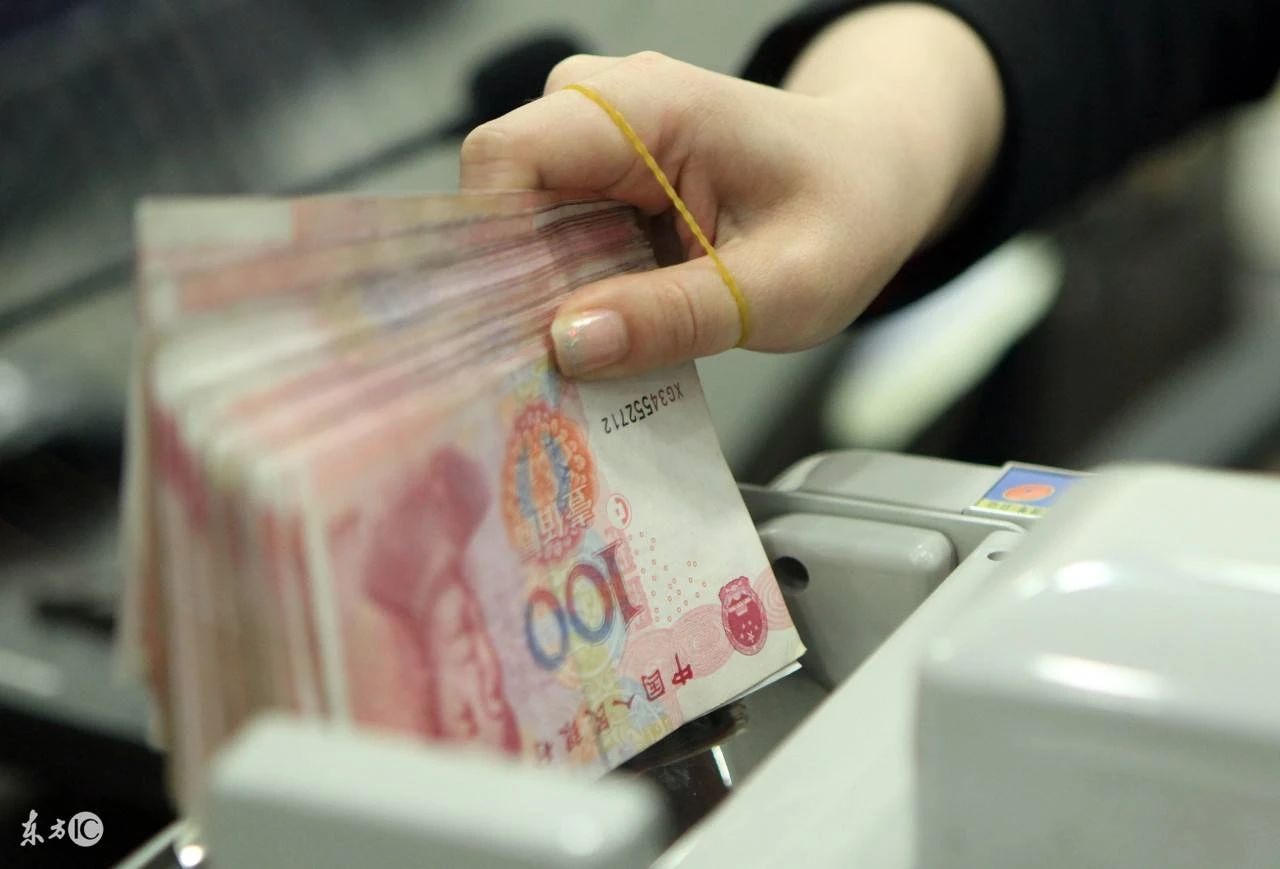
China’s fiscal revenue fell 2.8% in the first half of the year compared to the same period last year, official data showed on Monday.
The fiscal revenue reached 11.59 trillion yuan in the first half of the year, according to the ministry.
China’s central government’s revenue went down 7.2% while that of local governments rose 0.9%.

China’s online retail sales rose 9.8% in the first half of the year from a year ago, data from the Ministry of Commerce showed on Friday.
E-commerce sales reached 7.1 trillion yuan in the first half of the year.
Online retail sales of goods rose 8.8% while online travel and catering services grew 59.9% and 21.7% respectively.
Newsletter
International News

Earth saw its hottest day on Monday July 22, beating the previous record set just one day earlier.
The global average surface air temperature on Monday reached 17.15 degree Celsius, shattering the record of 17.09 degree Celsius that was set on Sunday July 21, data from the Copernicus Climate Change Service showed.

Canada’s central bank cut its key interest rate on Wednesday.
The Bank of Canada lowered its key policy rate by 0.25% to 4.5%, according to a statement by the central bank.
“With broad price pressures continuing to ease and inflation expected to move closer to 2%, Governing Council decided to reduce the policy interest rate by a further 25 basis points”, the central bank said.

Sales of new single-family houses in June in the U.S. fell 0.6% from May, data from the U.S. Census Bureau and the Department of Housing and Urban Development showed on Wednesday.
Sales of new single-family houses came in at a seasonally adjusted annual rate of 617,000 last month, the lowest in seven months.
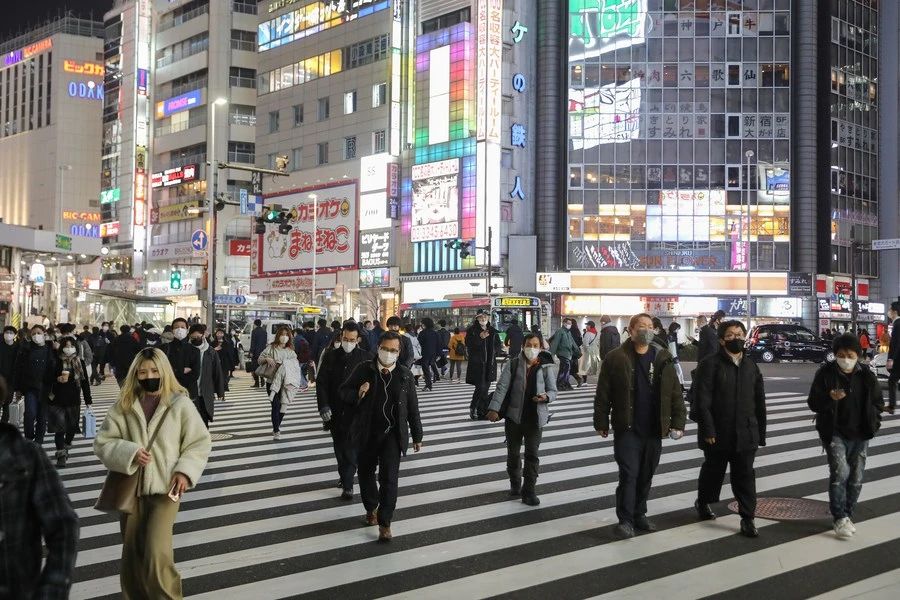
Japan attracted 3.14 million foreign visitors in June, a record high.
The number of visitors exceeded the monthly record of 3.08 million in March, data from the Japan National Tourism Organization showed.
The yen is at a 38-year low against the dollar which helped fueled a tourism boom.

South Korea’s economy contracted in the second quarter, according to an advance estimate by its central bank on Thursday.
Gross domestic product shrank 0.2% in the second quarter from the previous quarter, Bank of Korea said.
The BOK attributed the contraction to the base effect as well as lower levels of private consumption and construction investment.
